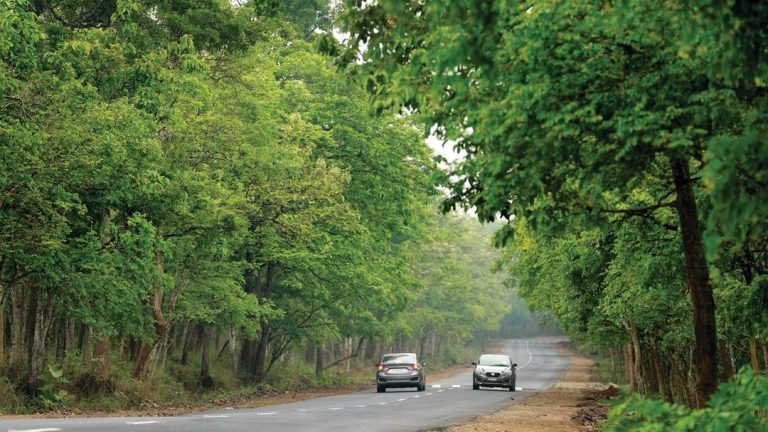
Wayanad: The authority’s move to extend the night travel ban on Kozhikode-Kollegal National Highway-766 which passes through Bandipur Tiger Reserve is expected to affect the tourism and agriculture sector in Wayanad. The decision to impose a travel ban during night hours was taken following the death of a wild elephant in a lorry accident. Bandipur Tiger Reserve Director P. Ramesh Kumar had earlier informed that a letter would be forwarded requesting to extend the night ban to 12 hours from 6 pm. The travel ban which begins at 9 pm has already caused a crisis in both sectors.
Decrease in tourist influx
The inflow of tourists from Karnataka has been playing a major role in Wayanad’s revenue. The district which is one of the most popular tourist destinations in the state has already recorded an almost 30 per cent fall in tourist influx after the authority imposed the travel ban from 9 pm, said Wayanad Tourism Organisation President K.R. Vancheeswaran. Tourists especially from Bangalore have now started to opt for Coorg as an alternate convenient destination.
The travel ban is likely to affect the resorts as many tourists opt for weekend packages that require them to arrive and depart at night. The ban will also make it difficult for people from Wayanad to access Mysore Airport.
Agriculture sector in crisis
Farmers in Wayanad generate a good income from the export of agricultural produce such as pepper, ginger, areca nut and tea. Out of this, nearly 200 tonnes of green areca which forms a major part of the daily produce should be transported immediately after its harvest in the evening.
The ban on night travel from 6 pm will bring huge losses for areca nut farmers in Wayanad as the daily transportation of agricultural products could not be possible.
“Ginger farmers will also experience the same issue. As the export will have to be done through alternate routes, it will incur a loss of more than Rs. 5 per kg,” said Vyapari Vyavasayi Ekopana Samithi District President K.K. Vasudevan.
The move is also set to affect farmers in Karnataka since Kerala receives vegetables and flowers from Karnataka via Gundalpet.